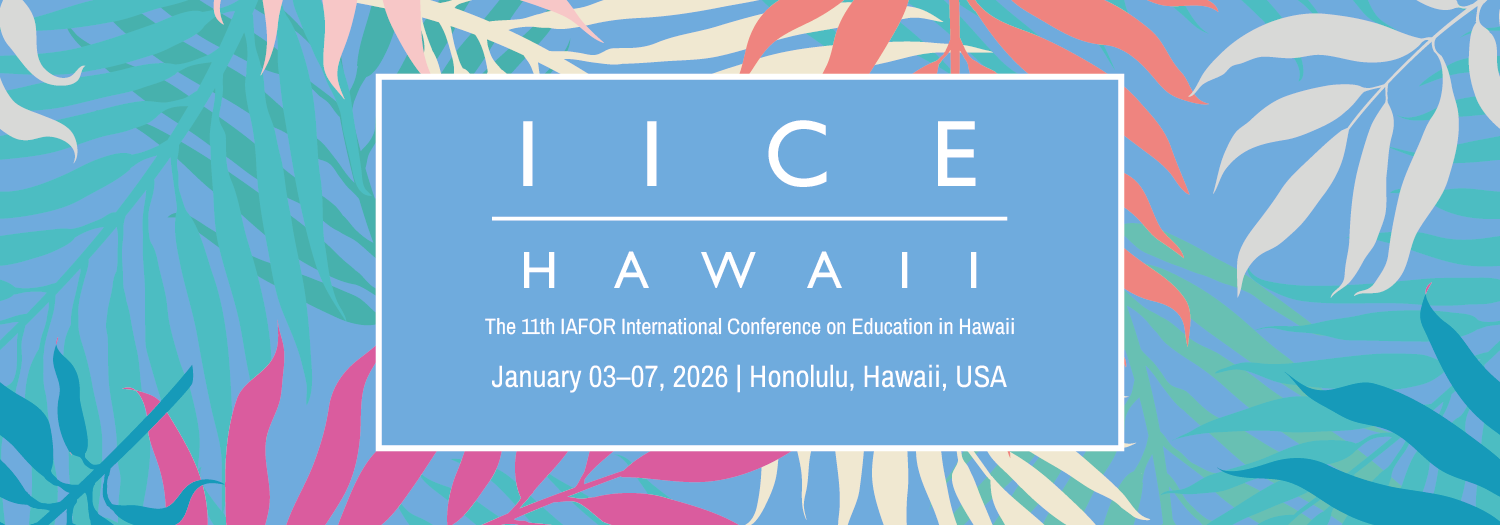Presentation Schedule

Students’ Self-care Management Goals Illuminate the Scope of Unmet Mental Health Needs (89608)
Session Chair: Valentina Canese
This presentation will be live-streamed via Zoom (Online Access)
Tuesday, 7 January 2025 17:15
Session: Session 2
Room: Live-Stream Room 4
Presentation Type: Live-Stream Presentation
– click here to convert to your timezone
Mental health and well-being are increasingly recognized as strong determinants of education among college students. Issues such as anxiety, depression, and stress are prevalent among college students, often exacerbated by academic demands and pressures. Students may avoid or delay seeking and receiving the help they may need, however, providing opportunities for self-care is effective for engaging students as partners in their mental health and well-being. Thus, knowing students’ mental health needs is crucial for implementing accessible on-demand self-care support and fostering consistent positive self-care habits.
This study aimed to identify and describe students’ mental health self-care improvement goals (SCIG) to illuminate unmet needs. A secondary qualitative descriptive study was conducted to analyze the data of college students (N=20) randomly selected from a 265-student group who participated in a class project to develop SCIG (Anderson, 2022). Thematic analysis was employed to identify descriptive themes from students’ SCIG.
The most frequently identified SCIG focused on anxiety, stress, and negative thinking. Analysis revealed seven frequency-ordered key themes capturing both positive and negative aspects of the SCIG, which are, mental health improvement; physical health and well-being; academic and productivity; coping with the impact of COVID-19; self-awareness and mindfulness; boosting self-esteem and confidence; and strengthening social connections. Students’ overall progress toward their SCIG ranged from meaningful to modest improvements.
The study revealed the nature and scope of students’ mental health needs and goals for self-care improvement. Providing self-care support and tools empowers students to address their mental health and well-being in a safe protective way.
Authors:
Uloma Onubogu, University of Massachusetts, United States
Ugoma Onubogu, Florida Atlantic University, United States
About the Presenter(s)
Dr. Uloma Onubogu is an Assistant Dean for Online Learning at University of Massachusetts, Dartmouth, USA. Her current interest and work are focused on quality improvement standards for online learning and professional development programs.
See this presentation on the full schedule – Tuesday Schedule








Comments
Powered by WP LinkPress